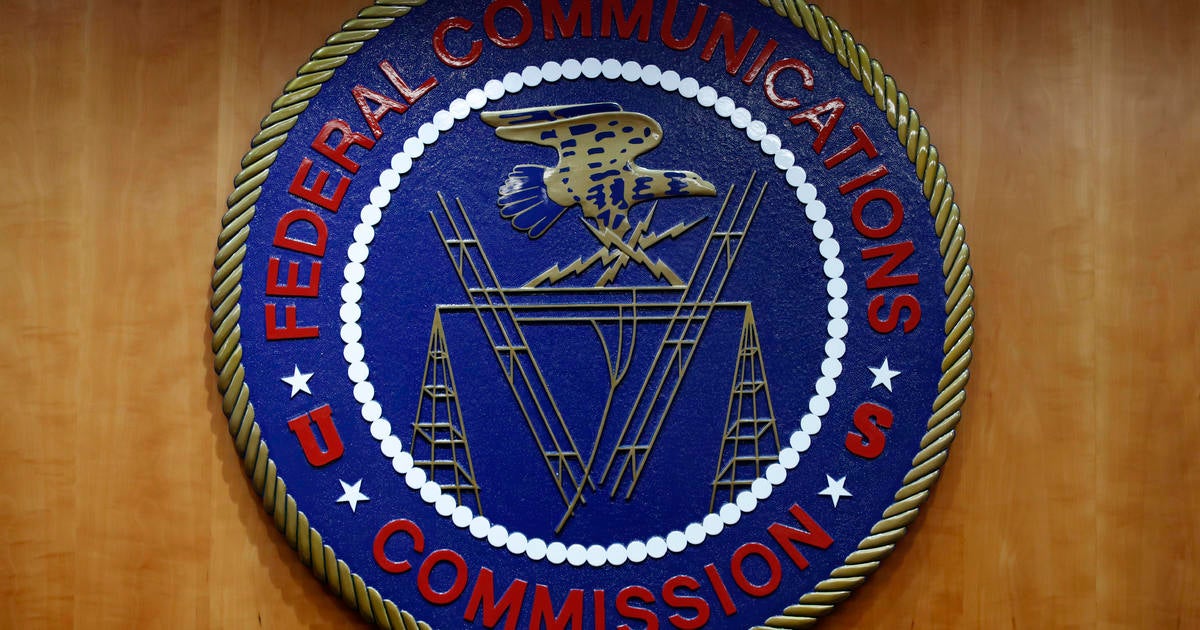Understanding the Federal Appeals Court Ruling on Net Neutrality
A recent ruling by a federal appeals court has struck down net neutrality rules, stirring a wave of debates across the country about what this means for internet freedom. This pivotal decision could reshape the digital landscape and impact consumers and businesses alike, raising critical questions about corporate control over internet access.
The Essence of Net Neutrality
Net neutrality is the principle that Internet Service Providers (ISPs) must treat all data on the internet equally. This means that ISPs cannot discriminate or charge differently by user, content, website, platform, application, or method of communication. Without these regulations, the potential for ISPs to prioritize their content or that of partners over competitors becomes a significant concern.
The 2015 regulations established by the Federal Communications Commission (FCC) aimed to ensure that all internet traffic was treated equally, fostering an environment where innovation could thrive without gatekeeping from powerful corporations. However, the recent court ruling has overturned these protections, leading to fears about the potential consequences for internet access and freedom.
What Led to the Ruling?
The legal battle over net neutrality has been ongoing for years, with significant shifts in policy occurring with changes in presidential administrations. The FCC, under the leadership of Ajit Pai during the Trump administration, voted to repeal the net neutrality rules in 2017, arguing that deregulation would encourage investment in broadband infrastructure.
Opponents of this move argued that the repeal would lead to a tiered internet, where wealthy companies could pay for faster access, potentially stifling competition and innovation. The recent federal appeals court ruling has effectively upheld this deregulation, allowing ISPs to exercise greater control over internet traffic.
Implications for Internet Freedom
With the net neutrality rules struck down, the implications for internet freedom are profound. Here are some of the key concerns:
- Corporate Control: ISPs could prioritize their own content or the content of companies that can afford to pay for better service, leading to a monopolized internet landscape.
- Impact on Small Businesses: Startups and small businesses may struggle to compete against larger corporations that can pay for preferential treatment, ultimately limiting consumer choices.
- Innovation Stifling: The absence of net neutrality can deter new entrants into the market, as the barriers to access become higher with potential pay-to-play models.
- Access Inequality: Rural and underserved communities may face even greater barriers to high-speed internet access, exacerbating the digital divide.
Consumer Reactions and Future Concerns
The ruling has sparked a wave of concern among consumers, advocacy groups, and even some tech companies. Many fear that the internet, once viewed as a level playing field, is becoming a space dominated by corporate interests. Social media platforms, streaming services, and online retailers have all expressed apprehension about what this means for their operations and for consumers.
Advocacy groups have already begun mobilizing, calling for legislative action to reinstate net neutrality protections. They argue that the internet should remain a public utility, accessible and fair for all. Their efforts may lead to renewed discussions in Congress, although achieving consensus in today’s polarized political environment can be challenging.
The Role of Legislation
While the court ruling has immediate consequences, the long-term fate of net neutrality may ultimately lie in the hands of lawmakers. Reinstating net neutrality will require a legislative approach that could involve:
- New FCC Regulations: Congress could direct the FCC to develop new rules that restore net neutrality protections.
- Public Advocacy: Increased public awareness and advocacy could pressure legislators to take action.
- State-Level Initiatives: Some states have already begun implementing their own net neutrality rules, which could serve as a model for wider federal legislation.
The Global Perspective
The issue of net neutrality is not limited to the United States. Other countries are grappling with similar questions about internet governance and freedom. The European Union has established strong net neutrality protections, which serve as a benchmark for advocates in the U.S. to reference. The contrast between the EU’s approach and that of the U.S. raises important questions about the global nature of the internet and the need for consistent policies that protect users everywhere.
Conclusion: A Call for Awareness and Action
The federal appeals court ruling striking down net neutrality rules marks a significant turning point in the ongoing battle for internet freedom. As we navigate the implications of this decision, it’s vital for consumers, businesses, and advocacy groups to engage in the discourse surrounding internet access and equality.
Staying informed and advocating for policies that promote a free and open internet will be crucial in the coming years. The future of online freedom depends not only on regulatory frameworks but also on the collective voices of the public demanding that the internet remain a space for innovation, creativity, and equal access for all.
Ultimately, the conversation surrounding net neutrality is about more than just regulations; it’s about the fundamental right to access information and communicate freely in an increasingly digital world. As stakeholders in this ecosystem, we must remain vigilant and proactive in ensuring that the internet remains a tool for empowerment rather than a vehicle for corporate control.
See more Future Tech Daily

